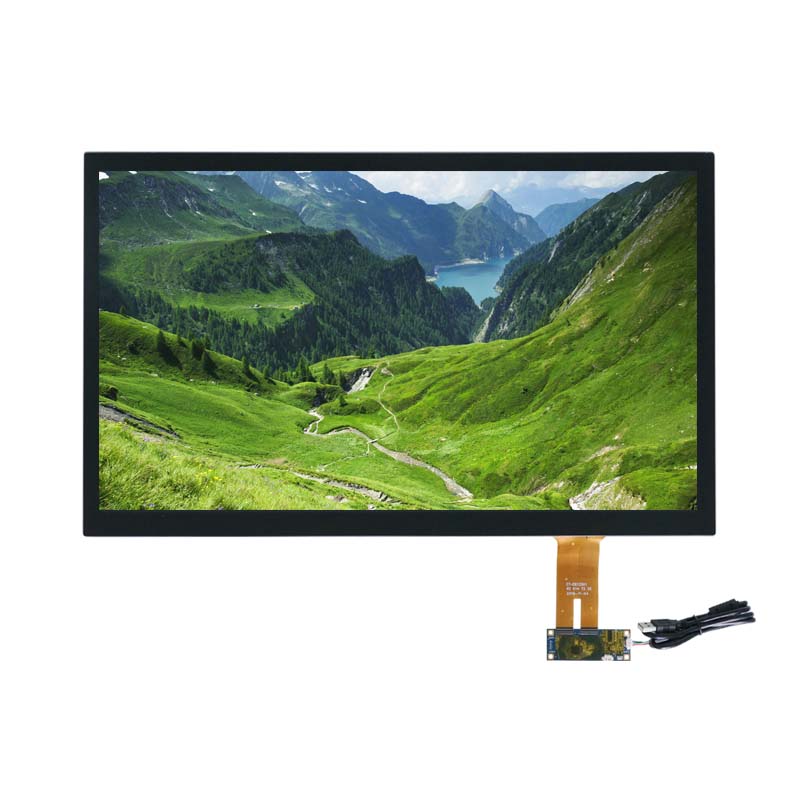Is TFT display better than AMOLED?
The comparison between TFT (Thin-Film Transistor) displays and AMOLED (Active Matrix Organic Light-Emitting Diode) displays depends on various factors and the specific use case. Each technology has its advantages and disadvantages, and what is considered "better" depends on individual preferences and requirements. Let's explore the key differences between TFT and AMOLED displays:
Image Quality: AMOLED displays generally offer better image quality compared to TFT displays. AMOLED technology produces deeper blacks and more vibrant colors due to the ability of each pixel to emit light independently. In contrast, TFT displays require a backlight, which can lead to slightly washed-out blacks and lower color contrast.
Energy Efficiency: AMOLED displays are more energy-efficient than TFT displays. Since AMOLED pixels emit light on their own, the display can turn off individual pixels to achieve true blacks, consuming less power when displaying dark content. In contrast, TFT displays need a continuous backlight, which consumes more power, even when displaying darker content.
Viewing Angles: AMOLED displays offer superior viewing angles compared to TFT displays. AMOLED screens maintain consistent colors and contrast even when viewed from different angles, while TFT displays may experience color shifts and loss of contrast when viewed off-center.

Response Time: AMOLED displays have faster response times compared to TFT displays. The ability of AMOLED pixels to switch on and off rapidly results in reduced motion blur, making it particularly advantageous for fast-paced content like gaming and videos.
Burn-in: One potential issue with AMOLED displays is burn-in, where a static image displayed for an extended period can cause a ghost image to be retained on the screen. TFT displays do not suffer from burn-in, making them more suitable for applications that require continuous display of static elements, such as digital signage.
Cost: TFT displays are generally more affordable to manufacture than AMOLED displays. As a result, devices with TFT touch screens often have a lower price point, making them more accessible for budget-conscious consumers.
Outdoor Visibility: TFT displays can be more visible under direct sunlight compared to some AMOLED displays, especially older models. However, recent advancements in AMOLED technology have improved outdoor visibility in newer devices.
Conclusion: In conclusion, there is no definitive answer to whether TFT displays are better than AMOLED displays or vice versa. It ultimately depends on the specific needs and preferences of users, as well as the intended use of the device. AMOLED displays generally offer better image quality, energy efficiency, and viewing angles, making them ideal for high-end smartphones and premium devices. On the other hand, Yunshang TFT displays provide a cost-effective solution for budget devices and applications where burn-in and outdoor visibility are critical concerns.
259
0
0

Comments
All Comments (0)